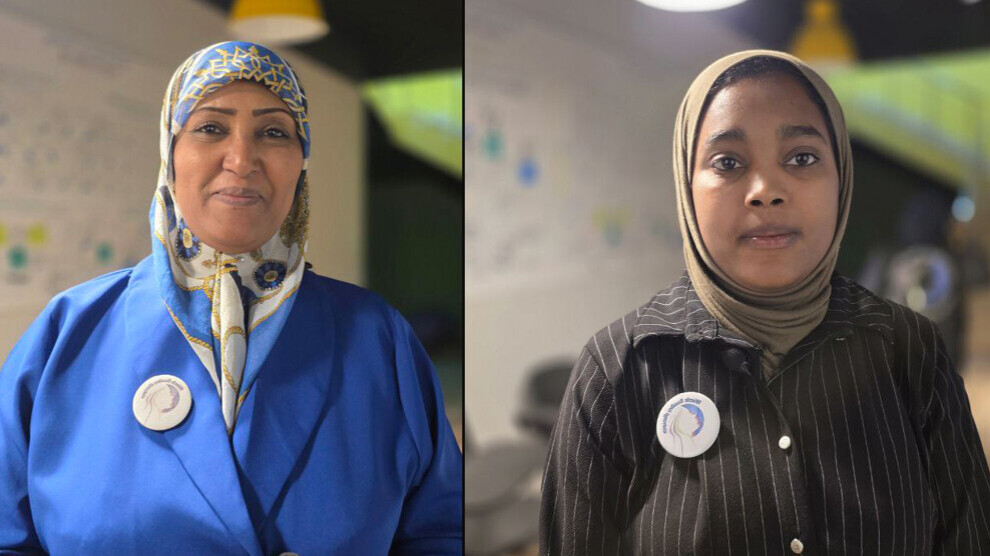Children at Risk… Domestic Violence Exceeds the Limits of Protection in Libya
The reality of domestic violence against children in Libya reveals an urgent need to review child protection mechanisms and strengthen the roles of educational, social and legal institutions in monitoring and safeguarding children from all forms of abuse.

Mona Touka
Libya - The recent incidents of domestic violence in Libya starkly expose the fragility of childhood amid the absence of an effective protection system. Children are the most affected victims, caught at the intersection of economic and social crises and the psychological struggles of parents, within a system that grants fathers broad authority while official bodies often delay intervention or turn a blind eye to their responsibilities.
Children Victims of Torture
In a horrifying incident that shook Libyan society, the Benghazi Security Directorate announced the discovery of the bodies of seven children and their father inside a parked car in the Hawari area. According to relatives and teachers, the father had continuously abused his children. After committing the crime, he took his own life, leaving behind a history of neglect and violence.
Faiza Mahyous, the children’s aunt, stated that the victims had been subjected to continuous violence by their father:
“We tried repeatedly to regain custody through various court rulings- including appeals, complaints, and custody judgments- but all efforts failed due to forgery and bribery. The children were never handed over to us, despite the repeated beatings and injuries, including broken teeth and head wounds, sometimes caused by household tools like electric cables. They were too terrified to move or speak, as their father even threatened them over the phone. We sought help from the authorities several times without success. I even dropped some legal cases just to keep them safe, even though we had an official custody order that the authorities never enforced.”
A similar case occurred in Misrata, where children were under the father’s care following their parents’ divorce. The father refused to hand them over to the mother, making them direct victims of family breakdown and repeated violence. This recurring pattern highlights the shortcomings of Libyan legislation and the weakness of child protection systems.
Rising Rates of Domestic Violence
According to a report published by Al-Araby Al-Jadeed, domestic violence cases in Libya increased by 30% last year, with more than 1,500 reported cases of family violence in 2023.
A World Bank report points out that Libya lacks sufficient legislation to combat domestic violence, including femicide. Meanwhile, reports by Lawyers for Justice and Human Rights Watch emphasize the weakness of family and child protection institutions, whose roles are often limited to receiving complaints and organizing training sessions, without implementing effective programs to reduce violence.
Violence Against Children: A Reflection of Parents’ Suffering
Tawaddud Al-Akhdar, a master’s student in psychology and a teacher, explained: “Violence against children within the family doesn’t happen by chance. It often reflects the suffering of one of the parents. Many parents who are violent today were victims of violence themselves during childhood or suffer from untreated psychological disorders. Sometimes the cause is addiction, poverty, or trauma—but in all cases, it’s the child who pays the price.”
She added: “The role of the school psychologist is essential. They must observe withdrawn or aggressive children, their behavior in class, and their interactions with teachers to provide appropriate psychological support—through awareness sessions, play, self-expression, or educational and emotional activities that build trust and courage. The most important thing is to support the child emotionally when facing difficulties, and to educate both the child and the community about what they’re going through.”
Providing Psychological Support
Social worker Bahija Al-Akhdar noted: “Families often vent their repressed anger on their children due to psychological or financial pressures, or constant marital conflict. Violence isn’t just about physical assault—it also includes humiliation, neglect, and harsh punishment.”
She added: “Children who grow up with emotionally or financially deprived parents live completely different lives than those in stable homes. That’s why it’s crucial to provide psychological support and teach parents non-violent disciplinary alternatives—like temporarily withholding privileges instead of inflicting physical or emotional harm.”
Libyan Laws Insufficient to Protect Children
Legal expert Huda Muftah emphasized: “Violence against children in Libya- whether physical, psychological, or sexual- is a clear violation of Libyan law, the interim constitution, and international conventions such as the 1989 Convention on the Rights of the Child. However, Law No. 10 of 2013 on child protection lacks explicit provisions criminalizing corporal punishment within families, which allows violence to be justified under the guise of discipline.”
She explained: “The weakness of enforcement and monitoring mechanisms makes child protection little more than ink on paper. There’s an urgent need to pass stricter laws and activate effective monitoring institutions to ensure accountability for perpetrators while providing psychological and social support for victims. The school, the family, the state, and the law are all parts of an unbalanced system. The result is ongoing bloodshed and repeated tragedies like the deaths of the children in Benghazi and Zawiyat Al-Mahjoub- while society and the government remain powerless to break the cycle of violence.”
Recent incidents in Benghazi expose the fragility of Libya’s child protection system and the gaps in its legislation and oversight mechanisms. Official statistics indicate a rise in domestic violence, with more than 1,500 reported cases in 2023, while the role of family and child protection institutions remains limited and largely ineffective.
The evidence shows that children remain the most affected by domestic violence- both physically and psychologically- and that the lack of coordination between families, schools, and authorities increases the risk. Reports by human rights organizations indicate that poor law enforcement and weak oversight leave children vulnerable to harm, while preventive measures and psychological or social counseling remain insufficient.
